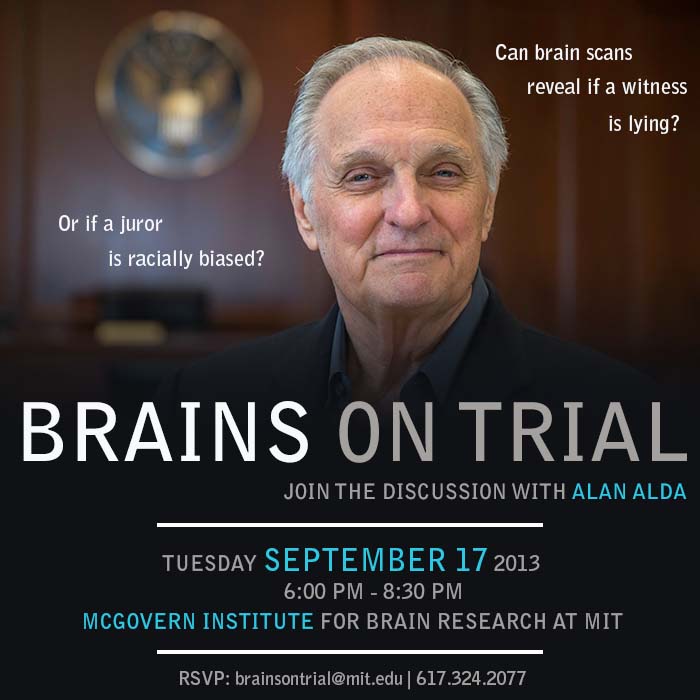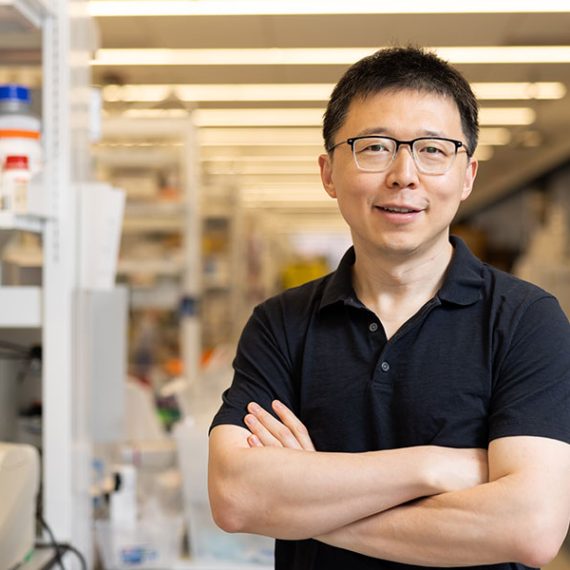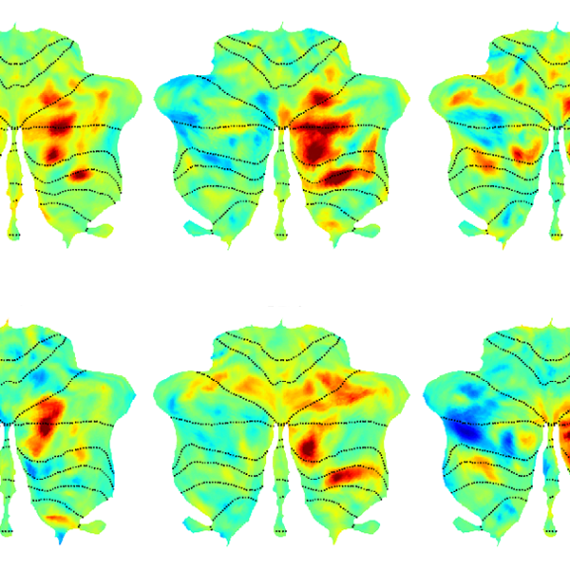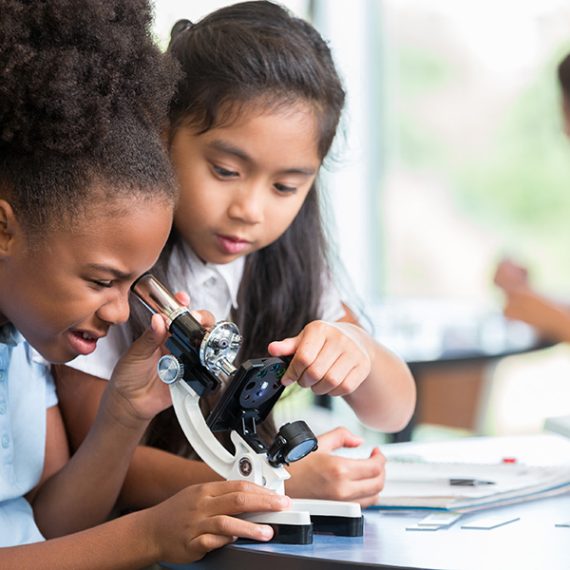Brains on Trial: Neuroscience and the Law
Join the discussion this fall at the McGovern Institute

What if we could peer into the brain to determine guilt or innocence? Could advances in neuroscience help reform our criminal justice system?
We invite you to join the discussion with a distinguished group of legal and neuroscience experts who will debate these and related questions on Tuesday, September 17th. Alan Alda will moderate the panel of experts, show clips from his 2-part PBS special, “Brains on Trial,” and engage the audience in a Q&A session. We hope you will join us!
REGISTER NOW
BRAINS ON TRIAL DISCUSSION WITH ALAN ALDA
DATE: Tuesday September 17, 2013
TIME: 6:00 – 8:30
LOCATION: McGovern Institute for Brain Research at MIT (MIT Bldg 46, Third Floor Atrium)
QUESTIONS? brainsontrial@mit.edu or 617.324.2077
MODERATOR
 Alan Alda, a seven-time Emmy Award–winner, played Hawkeye Pierce on the classic television series, M*A*S*H, and appeared in continuing roles on ER, The West Wing, and 30 Rock. His long-time interest in science and in promoting a greater public understanding of science led to his hosting the award-winning PBS series Scientific American Frontiers for eleven years, on which he interviewed hundreds of scientists from around the world. He has 33 Emmy nominations as actor, writer, and director, and is a Television Hall of Fame inductee. He has also appeared on the Broadway stage, where he received three Tony nominations.
Alan Alda, a seven-time Emmy Award–winner, played Hawkeye Pierce on the classic television series, M*A*S*H, and appeared in continuing roles on ER, The West Wing, and 30 Rock. His long-time interest in science and in promoting a greater public understanding of science led to his hosting the award-winning PBS series Scientific American Frontiers for eleven years, on which he interviewed hundreds of scientists from around the world. He has 33 Emmy nominations as actor, writer, and director, and is a Television Hall of Fame inductee. He has also appeared on the Broadway stage, where he received three Tony nominations.
PANELISTS
 Robert Desimone is director of the McGovern Institute and the Doris and Don Berkey Professor in MIT’s Department of Brain and Cognitive Sciences. He served as network co-director of the Macarthur Law and Neuroscience Project from 2008-2010. Prior to joining the McGovern Institute in 2004, he was director of the Intramural Research Program at the National Institutes of Mental Health. He is a member of the National Academy of Sciences and the American Academy of Arts and Sciences and a recipient of numerous awards, including the Troland Prize of the National Academy of Sciences.
Robert Desimone is director of the McGovern Institute and the Doris and Don Berkey Professor in MIT’s Department of Brain and Cognitive Sciences. He served as network co-director of the Macarthur Law and Neuroscience Project from 2008-2010. Prior to joining the McGovern Institute in 2004, he was director of the Intramural Research Program at the National Institutes of Mental Health. He is a member of the National Academy of Sciences and the American Academy of Arts and Sciences and a recipient of numerous awards, including the Troland Prize of the National Academy of Sciences.
 Joshua D. Greene is the John and Ruth Hazel Associate Professor of the Social Sciences in the Department of Psychology at Harvard University. He is an experimental psychologist, neuroscientist, and philosopher. He studies the psychology and neuroscience of morality, focusing on the interplay between emotion and reasoning in moral decision-making. In 2012 he was awarded the Stanton Prize by the Society for Philosophy and Psychology. He is the author of the forthcoming book Moral Tribes: Emotion, Reason, and the Gap Between Us and Them.
Joshua D. Greene is the John and Ruth Hazel Associate Professor of the Social Sciences in the Department of Psychology at Harvard University. He is an experimental psychologist, neuroscientist, and philosopher. He studies the psychology and neuroscience of morality, focusing on the interplay between emotion and reasoning in moral decision-making. In 2012 he was awarded the Stanton Prize by the Society for Philosophy and Psychology. He is the author of the forthcoming book Moral Tribes: Emotion, Reason, and the Gap Between Us and Them.
 Nancy Kanwisher is the Walter A. Rosenblith Professor of Cognitive Neuroscience in the Department of Brain and Cognitive Sciences and a founding member of the McGovern Institute. She joined the MIT faculty in 1997, and prior to that was a faculty member at UCLA and Harvard University. In 1999, she received the National Academy of Sciences Troland Research Award. The Kanwisher lab uses brain imaging to study the functional organization of the human brain.
Nancy Kanwisher is the Walter A. Rosenblith Professor of Cognitive Neuroscience in the Department of Brain and Cognitive Sciences and a founding member of the McGovern Institute. She joined the MIT faculty in 1997, and prior to that was a faculty member at UCLA and Harvard University. In 1999, she received the National Academy of Sciences Troland Research Award. The Kanwisher lab uses brain imaging to study the functional organization of the human brain.
 Bea Luna is a professor of psychiatry at the University of Pittsburgh School of Medicine. She is the director of the Laboratory of Neurocognitive Development, where she leads projects investigating the brain basis of typical and abnormal adolescent development of voluntary behaviors and motivation.
Bea Luna is a professor of psychiatry at the University of Pittsburgh School of Medicine. She is the director of the Laboratory of Neurocognitive Development, where she leads projects investigating the brain basis of typical and abnormal adolescent development of voluntary behaviors and motivation.
 Stephen J. Morse is the Ferdinand Wakeman Hubbell Professor of Law, Professor of Psychology and Law in Psychiatry, and Associate Director of the Center for Neuroscience and Society at the University of Pennsylvania. He is a veteran in the fields of psychology and law and was instrumental in building the MacArthur Law and Neuroscience Project. Being both a scientist and a legal expert, he understands and writes extensively on the relevance of neuroscience to law. He also serves as a member of the MacArthur Foundation Research Network on Law and neuroscience.
Stephen J. Morse is the Ferdinand Wakeman Hubbell Professor of Law, Professor of Psychology and Law in Psychiatry, and Associate Director of the Center for Neuroscience and Society at the University of Pennsylvania. He is a veteran in the fields of psychology and law and was instrumental in building the MacArthur Law and Neuroscience Project. Being both a scientist and a legal expert, he understands and writes extensively on the relevance of neuroscience to law. He also serves as a member of the MacArthur Foundation Research Network on Law and neuroscience.
This event is based on a two-part PBS special, “Brains on Trial with Alan Alda,” scheduled for broadcast on September 11 and 18 at 10PM. Watch the preview below:
Brains on Trial with Alan Alda takes a fictitious crime – a convenience store robbery that goes horribly wrong – and builds from it a gripping courtroom drama. As the trial unfolds it takes us into the brains of the major participants – defendant, witnesses, jurors, judge – while Alan Alda visits the laboratories of some dozen neuroscientists exploring how brains work when they become entangled with the law. The research he discovers poses the controversial question: How does our rapidly expanding ability to peer into people’s minds and decode their thoughts and feelings affect trials like the one we are watching in the future? And should it?




